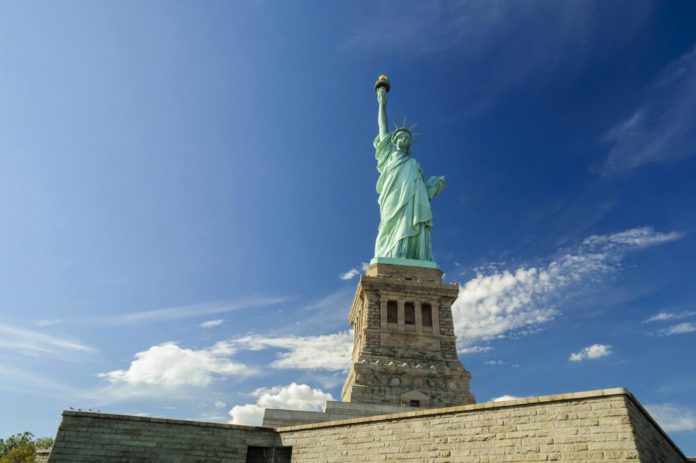Immigration has been a hot button issue in the United States for years.
As we approach the 2016 presidential election, the passion elicited from this topic seems to be even more palpable. There have been frequent politically charged discussions on building walls, deportation, and refugees.
However, it seems one key demographic of immigrants is going unnoticed. Medical marijuana immigration appears to be an actual thing. Many families feel forced to leave their homes when faced with the dilemma of obtaining marijuana illegally or watching loved ones suffer. In many countries, the penalties for illegal narcotics possession can be harsher than here in the United States.
While no official numbers exist, there is a growing trend of families moving to Oregon, Washington, and Colorado to treat ailments with marijuana.
“People bring kids to me from Germany, the Czech Republic—we’ve had them from all over,” Sean Beeman, a medical marijuana producer in Oregon, told the Guardian. “Pot is everywhere, but this medicine isn’t. So that’s why people travel.”
Fortune reported that Realm of Caring, a marijuana education and advocacy group, estimates that roughly 400 families have moved to Colorado for the purpose of accessing medical marijuana for treatment.
The move actually mirrors a similar trend for American citizens. There have been many families that decide to leave states without functioning medical marijuana programs in order to seek treatment.
As more states are likely to legalize medical and recreational marijuana, these trends may only increase for both Americans and those immigrating here. Currently there are 24 states that have legalized medical marijuana (and Washington D.C.) and several more will have state residents voting on the issue this November.
Medical marijuana is supported by approximately 90% of Americans. This kind of consensus exists for very few issues. Seeking relief for loved ones is apparently an issue that has cross appeal to all political parties, religious groups, or countries. Apparently, America is still a land of opportunity for immigrant families.










